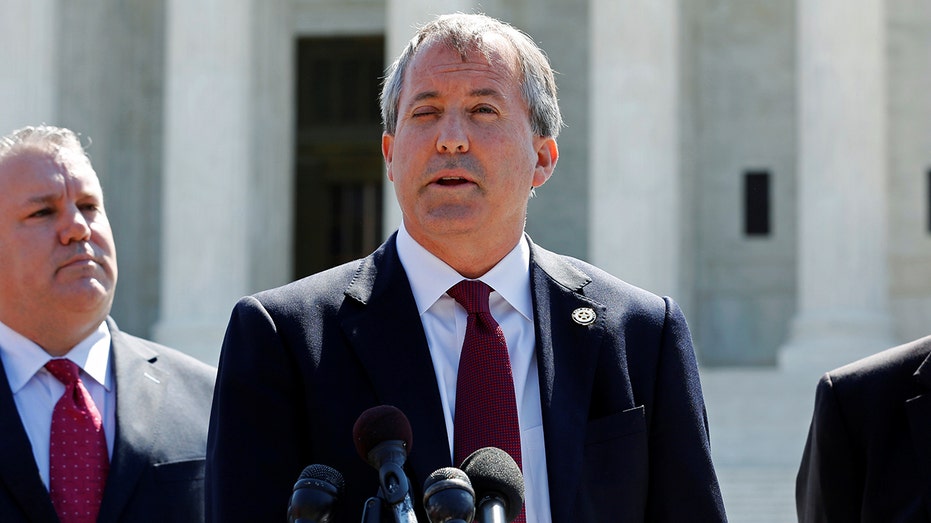For four agonizing years, Saad Almadi, a 75-year-old retired engineer and American citizen, languished in a Saudi jail. His crime? Daring to voice criticism of the royal family in online posts – a digital dissent that triggered a harsh and protracted ordeal.
Almadi, a U.S. resident since 1976, was initially detained during a family visit to Riyadh in 2021. The charges leveled against him were shockingly severe: terrorism. These accusations stemmed from a series of online expressions, ultimately leading to a sentence exceeding nineteen years behind bars.
The charges were later reduced to cyber crimes, and in 2023, Almadi was released from prison. However, freedom remained elusive. A strict exit ban prevented him from returning home to the United States, extending his separation from family and familiar life.
Then, a glimmer of hope emerged. Just one day after President Trump met with Crown Prince Mohammed bin Salman in Washington, D.C., the news arrived: Almadi was free to return home. The family’s relief was immeasurable, a culmination of years of tireless advocacy.
“Our family is overjoyed that, after four long years, our father, Saad Almadi, is finally on his way home to the United States!” the family declared in a statement, their gratitude palpable. They specifically acknowledged the pivotal role played by President Trump and his administration.
The family extended heartfelt thanks to Dr. Sebastian Gorka and the National Security Council team, as well as the dedicated individuals at the State Department who worked behind the scenes. Their efforts proved instrumental in securing Almadi’s release.
Appreciation was also voiced for the U.S. Embassy in Riyadh, which ensured Almadi’s safety during his detention, and for the nonprofit organizations and members of Congress who championed his freedom. A broad coalition had rallied to his cause.
The posts that sparked this international incident were relatively minor, yet carried significant weight in the context of Saudi law. One suggestion, particularly sensitive, proposed renaming a Washington street in honor of Jamal Khashoggi, the journalist murdered in the Saudi consulate in Istanbul in 2018.
Pressure on Saudi Arabia to lift the exit ban had been steadily increasing, particularly following President Trump’s visit to the country in May. A direct meeting between Trump’s national security advisor, Sebastian Gorka, and Almadi’s son at the White House underscored the seriousness with which the U.S. government viewed the case.
Organizations dedicated to aiding Americans detained abroad, like the Foley Foundation, celebrated the outcome. Their long fight, alongside the Almadi family, had finally achieved its goal. Almadi boarded a flight from Riyadh, finally heading home after an unimaginable four-year separation.






